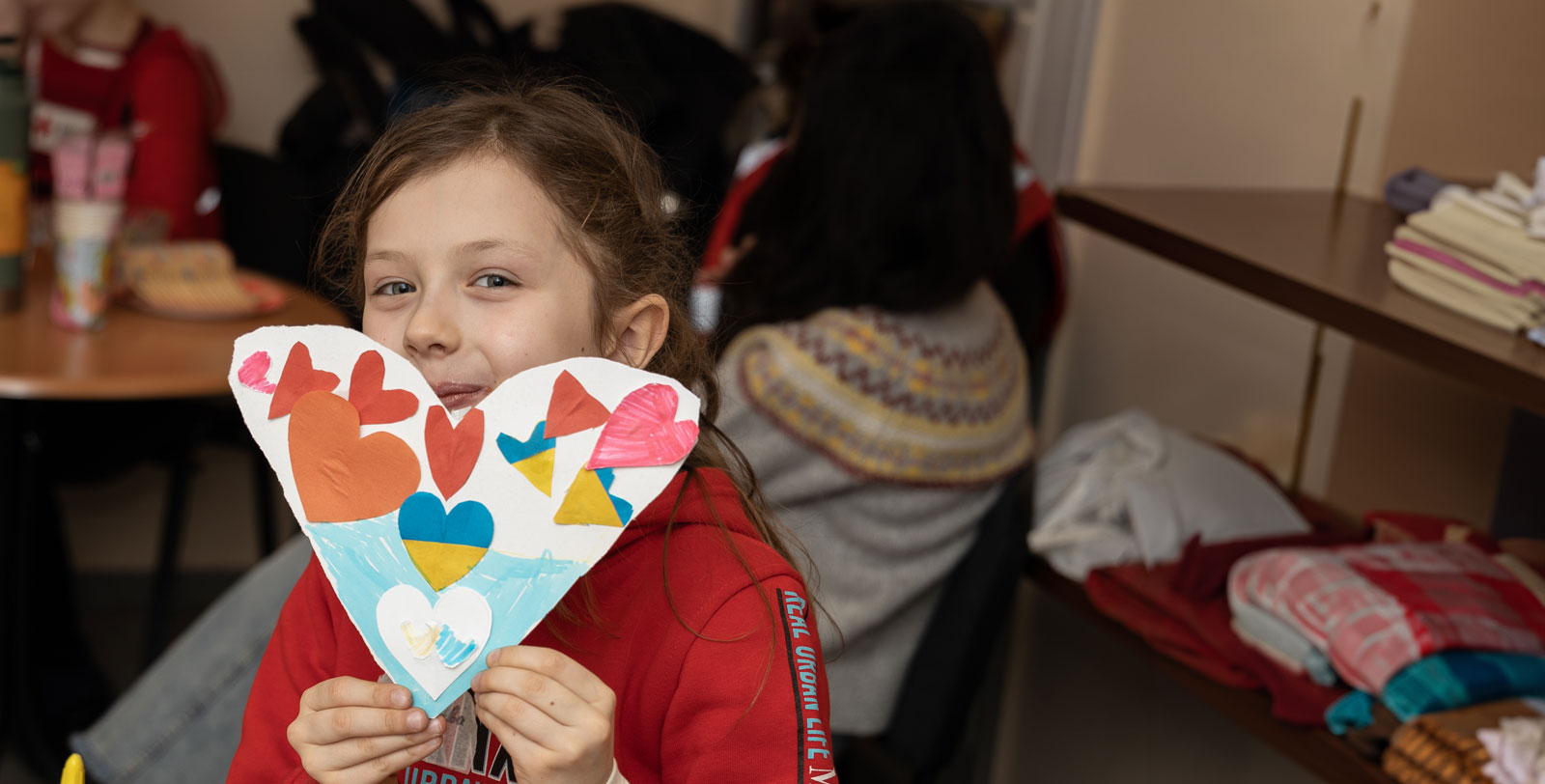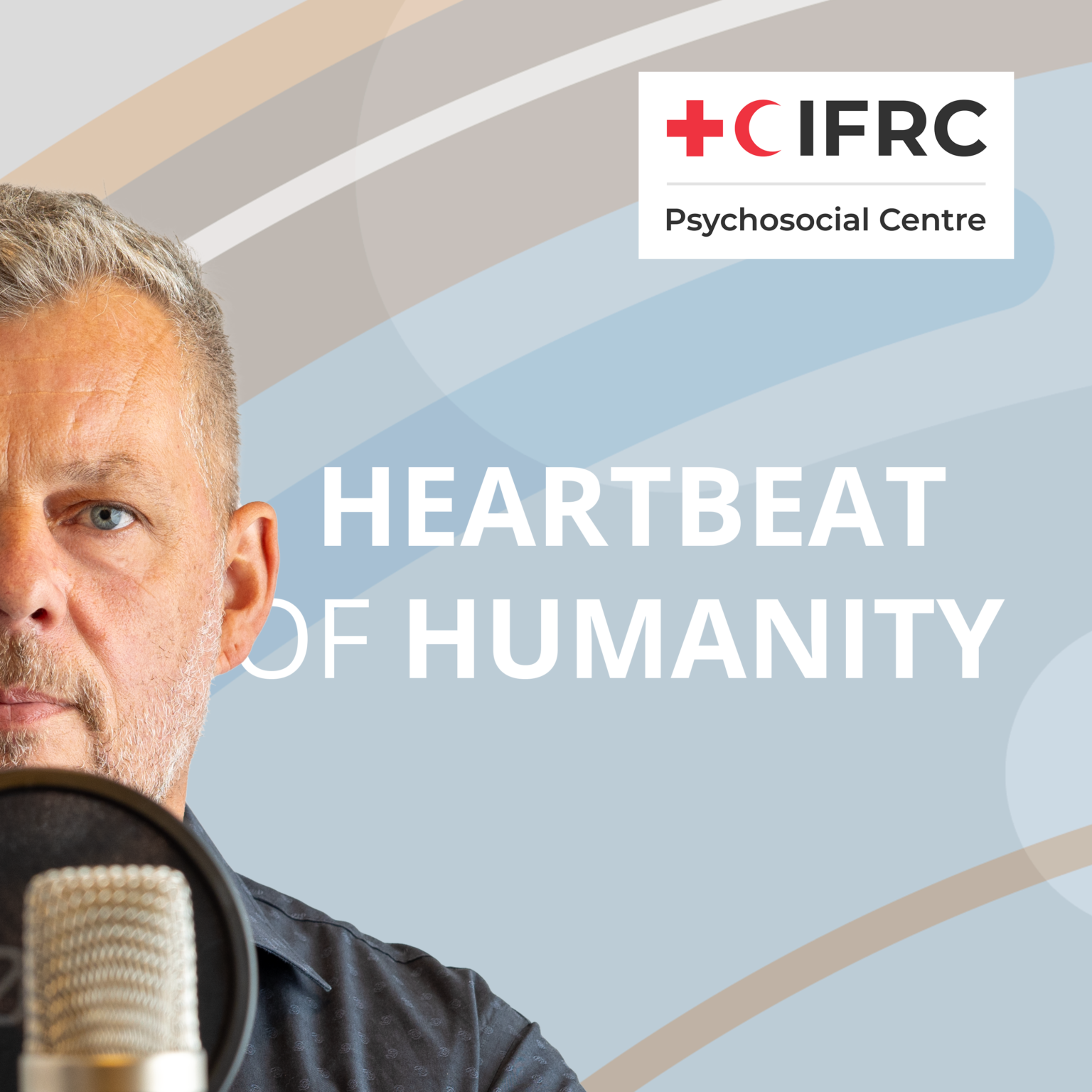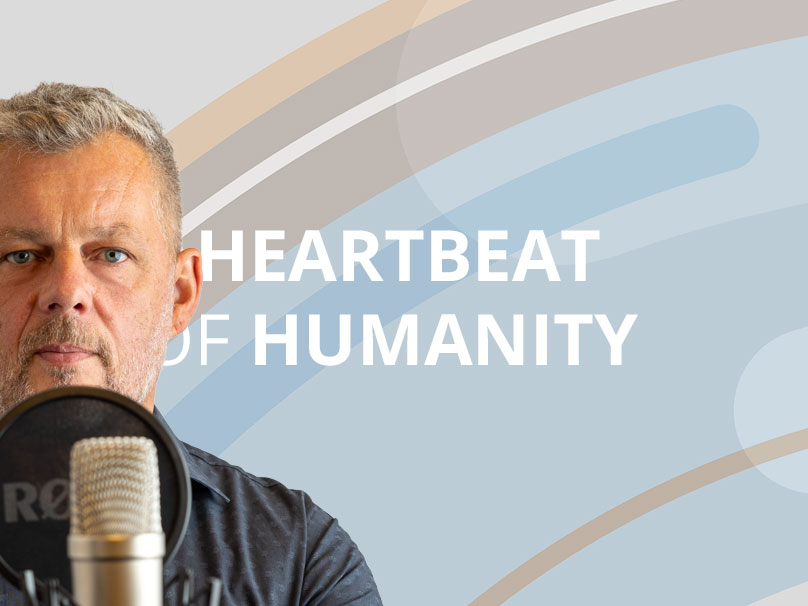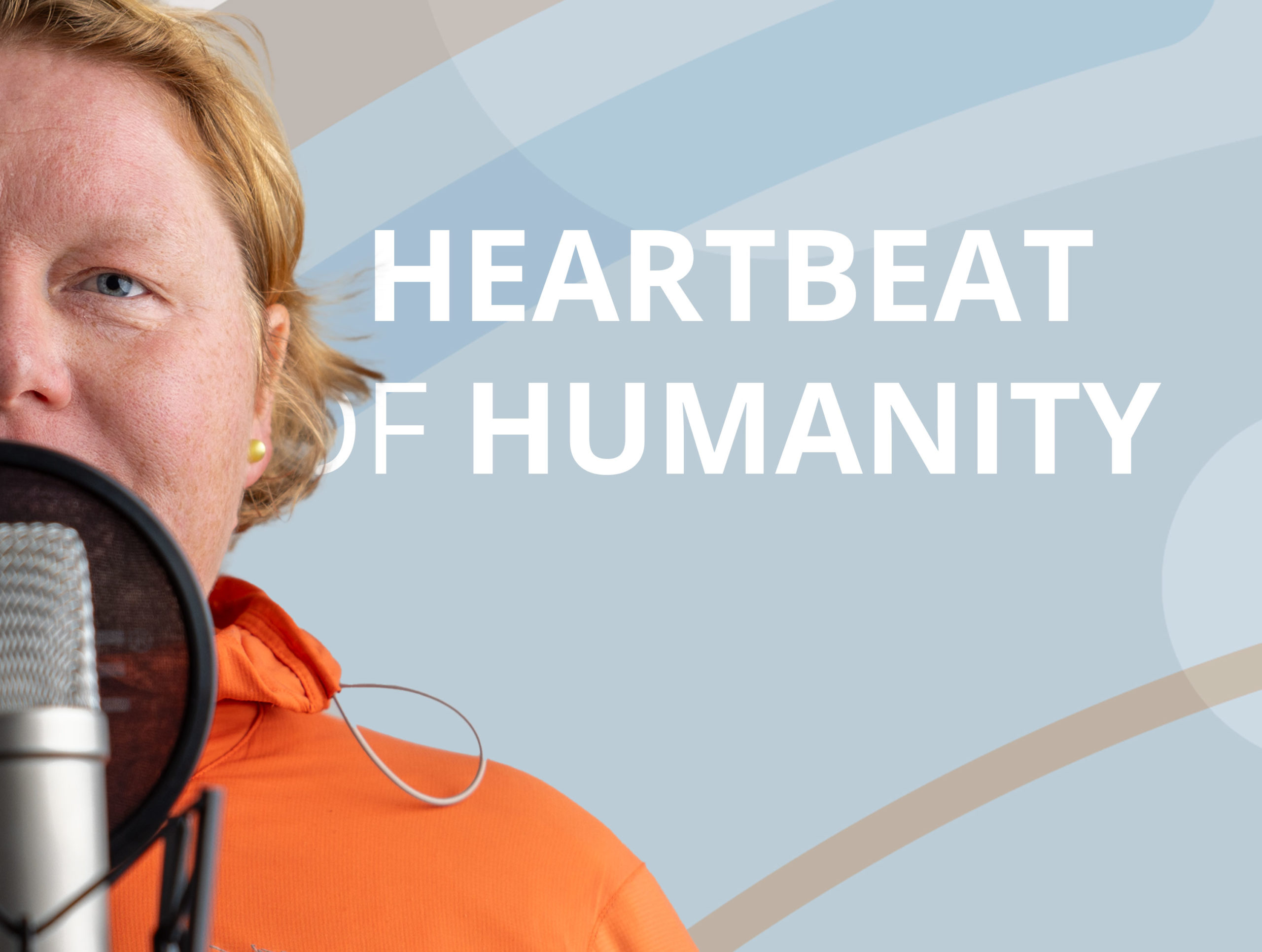We know that forced migration can place severe distress on children on the move and in particular on unaccompanied children. This is happening during all stages of the migration - that is before, during and after arrival. We also know that children and adolescents’ psychosocial and mental health needs are often not identified. This is actually a global problem.
Orso Muneghina, Head of the Global Programme Expert Group on Mental Health and Psychosocial Support in SOS Children’s Village International
In this episode of Heartbeat of Humanity, IFRC Psychosocial Centre Communications Officer Jesper Guhle explores how humanitarian actors can support the mental well-being of children in migration.
Interviewing four people with professional insight into the tools and strategies for giving psychosocial support to Children on the move, Jesper seeks to identify what we, as humanitarian actors, can do to create a safe environment for these children and help them cope adequately with their situation and strengthen their resilience and protect their mental health and psychosocial wellbeing.
Participating in the podcast:
- Orso Muneghina, head of the Global Programme Expert Group on Mental Health and Psychosocial Support in SOS Children’s Village International
- Christel Voldby Winther, Program Manager of Mental Health in the Migration -and Refugee section in the National Department of Danish Red Cross
- Ea Suzanne Akasha, MHPSS Technical Adviser in the IFRC Psychosocial Centre
- Teresa Sorde Marti, professor of Sociology at the Autonomous University and principal investigator of the REFUGE-ED project
The podcast Heartbeat of Humanity is mainly for staff and volunteers in the Red Cross Red Crescent Movement, especially staff and volunteers working in mental health and psychosocial support services.
Listen to the podcast here or subscribe on Apple Podcast, Spotify, Google Podcast or wherever you find your podcasts.




